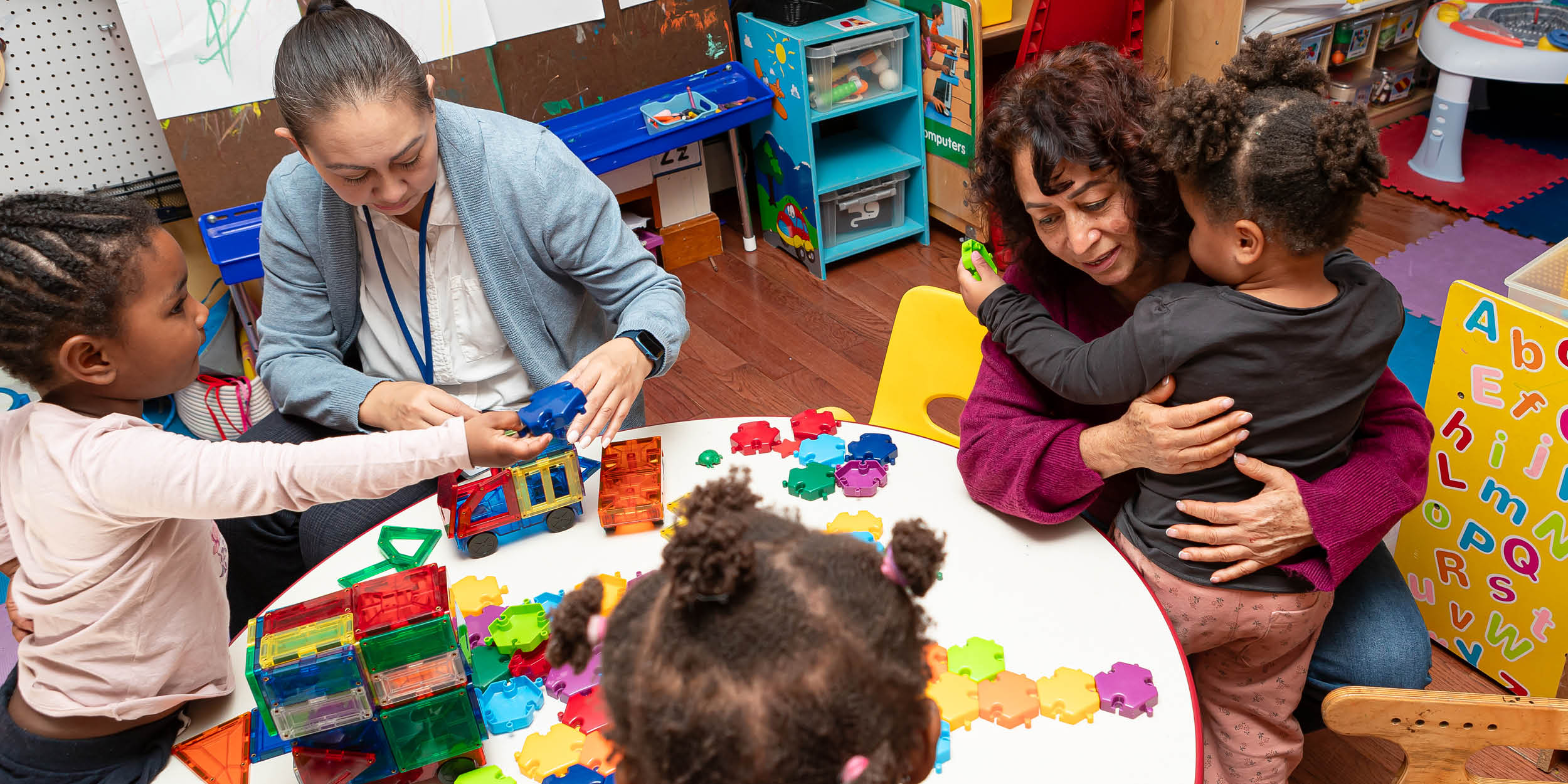Early Childhood Development & Learning
EDC works to expand and enhance early learning by designing, studying, supporting, and scaling effective programs.

We understand that the foundation for lifelong learning is built in early childhood. Children develop vital skills from birth to age eight that shape their future academic success and well-being. Our early childhood development initiatives are designed to strengthen and unify learning systems, ensuring a seamless transition from pre-K to Grade 3 education.
We are committed to advancing knowledge and improving early learning outcomes in key areas like science, math, and literacy, to ensure children thrive in and beyond school. Our approach emphasizes family engagement, school-community partnerships, and workforce development to help families, educators, and communities create environments that nurture curiosity, skill development, and foundational learning to support future success.







